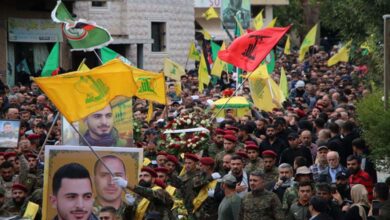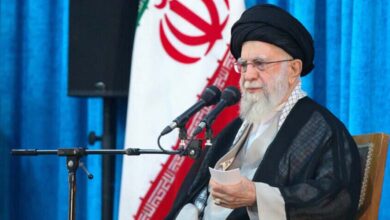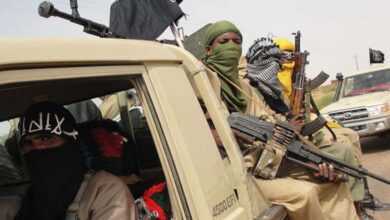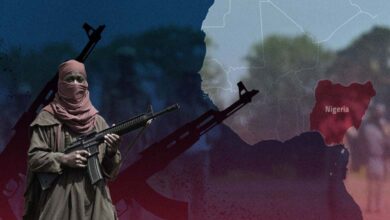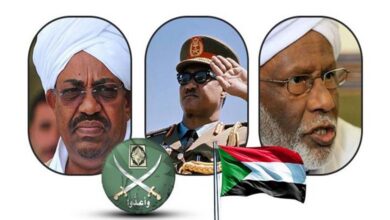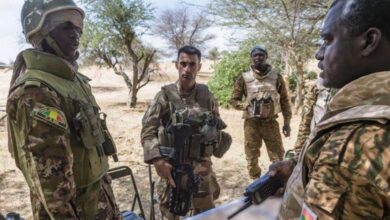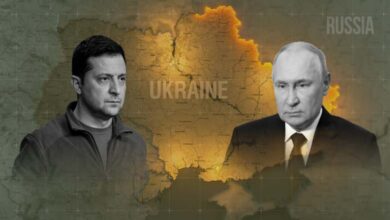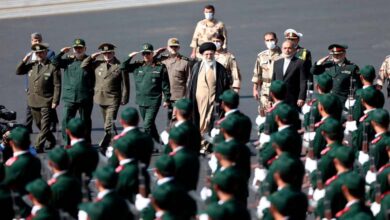Russia – The conditions imposed remain uncompromising
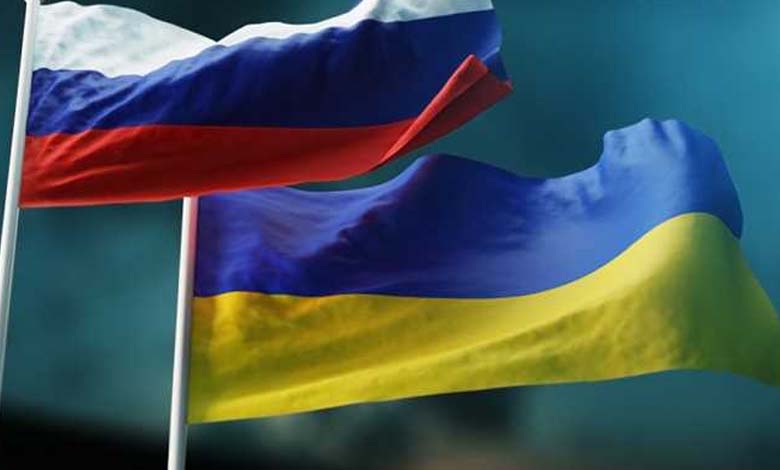
Although initial high-level talks between Russia and Ukraine in Turkey gave rise to casual hope of a negotiated solution between the two countries, the conflict will be resolved primarily militarily on the ground, analysts say.
Russian Foreign Minister Sergei Lavrov and Ukrainian Foreign Minister Dmytro Kuleba, meeting under the auspices of their Turkish counterpart Mevlut Cavusoglu, left Thursday after less than two hours of negotiations without announcing progress, but pledged to continue the dialog.
Cavusoglu said in the southwestern Turkish city of Antalya that no one expected a miracle, but that everything needs a start, referring to the possibility of a summit between Russian President Vladimir Putin and Ukrainian President Volodymyr Zelensky.
More than two weeks after the invasion began and after Moscow failed to make decisive progress despite its military superiority, neither Russia nor Ukraine is ready to make concessions, Oleg Ignatov, a Russia analyst at the International Crisis Group, told AFP.
“Both sides consider the military scenario the main one: In this situation, the fighting will continue”, he said. “Everything will depend on what happens on the ground”.
Natya Siskoria, a Georgian researcher at the Royal United Services Institute in London, says that while there is ongoing debate about opening humanitarian corridors to evacuate residents from besieged cities, it is difficult to discuss any solution to the conflict at all, or even a ceasefire.
At this stage, Russia is trying to achieve its ultimate goals in Ukraine, and if it succeeds in forcing the Ukrainians to accept its conditions at the negotiating table, it will get what it wants. But if that is not achieved, the war will continue.
U.S. Vice President Kamala Harris, who is visiting Romania, expressed regret on Friday that the Russian president shows no signs of commitment to engage in serious diplomacy.
Michel Duclos, a former French ambassador to Syria, recalls that there are a lot of misconceptions about diplomacy, but diplomacy is by no means an alternative to the balance of power.
The French diplomat said Moscow was negotiating a concept of diplomacy which would subordinate the other and therefore it is a diplomatic ultimatum. We are at a stage where the Russians are facing difficulties but they are sticking to the idea of an ultimatum, he added.
From Russia’s point of view, talks like the one in Antalya are aimed at influencing the morale of Ukrainians, causing some confusion for both the outside world and Ukrainians, he said.
The Kremlin, whose foreign minister went so far as to assert at this meeting that Moscow “did not attack Ukraine”, is also convincing the public that there is no alternative to force, says scholar Natya Siscurrea.
Russia is also looking for an excuse to be able to say that it has tried diplomacy, but that diplomacy failed because Ukraine rejected its demands, justifying its future military actions, she said.
However, such talks allow both sides to assess each other’s positions, said analyst Oleg Ignatov, noting that Ukraine hopes to be able to stop the Russian military operation through diplomatic means, while Russia wants to understand the Ukrainian position.
The former French diplomat suggests that Moscow could establish a form of negotiations that could be likened to the Astana process for Syria, which brings together Russia, Iran, and Turkey.
In Moscow’s view, such a formula would have the advantage of giving the impression that there is a peace process, in addition to excluding Westerners from it, he said.


